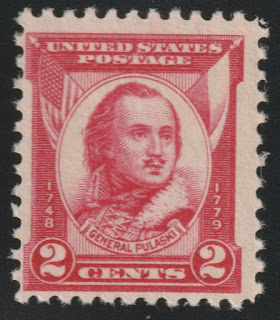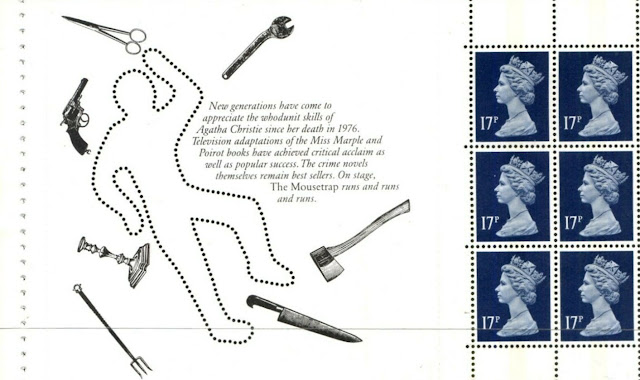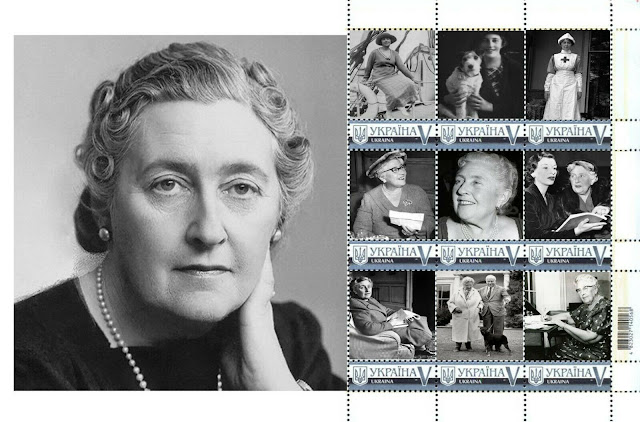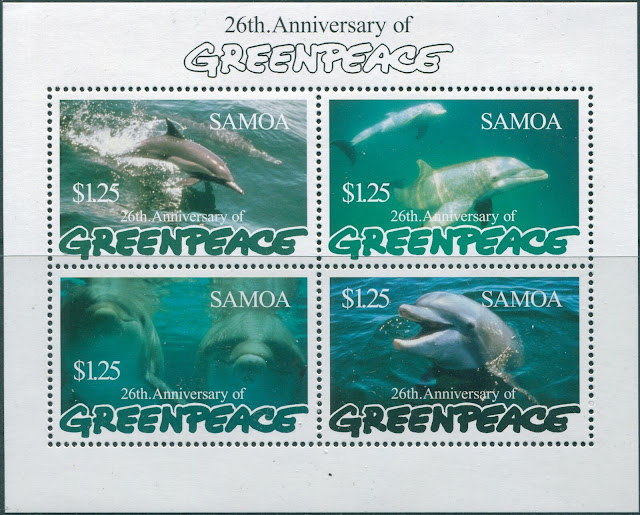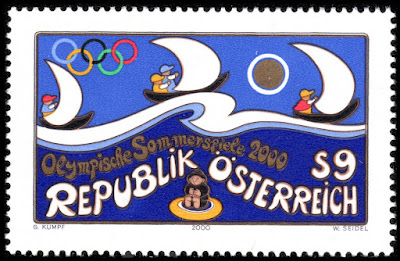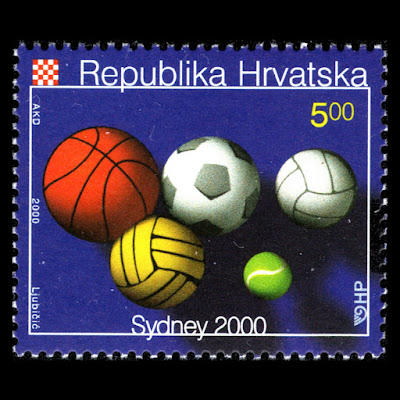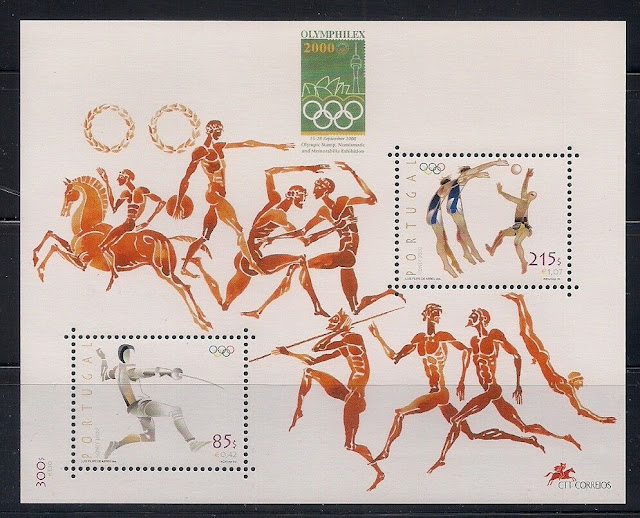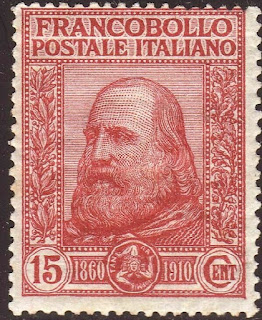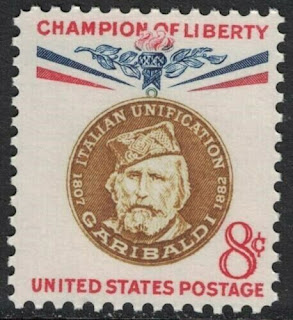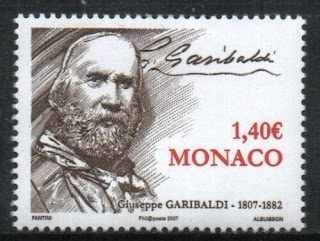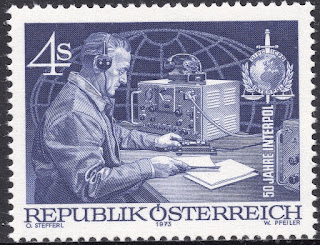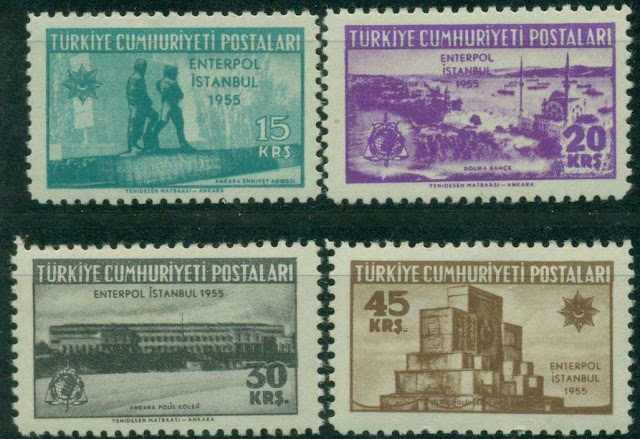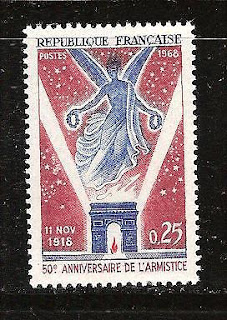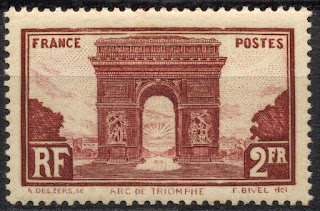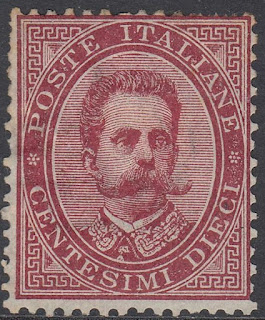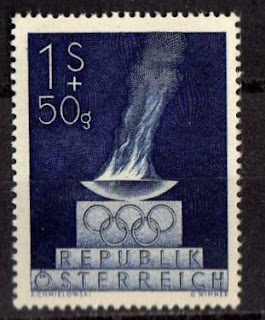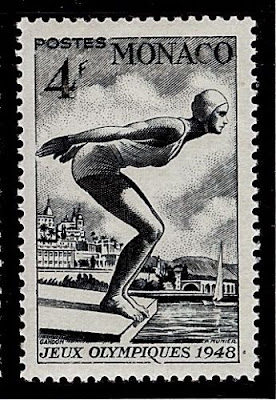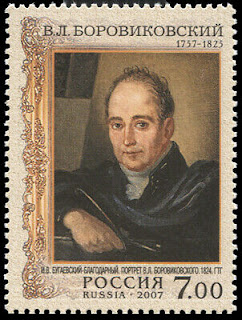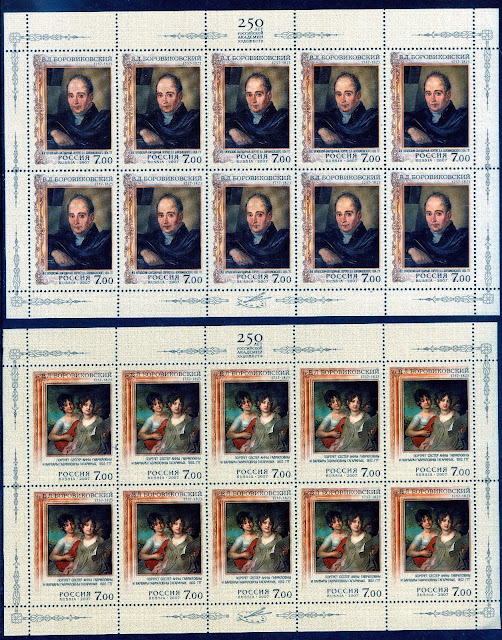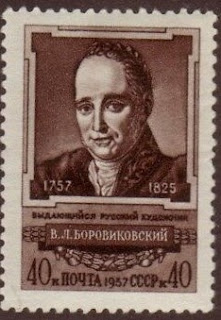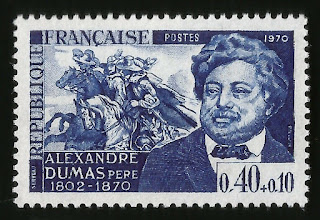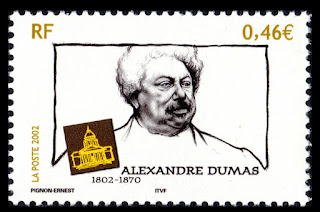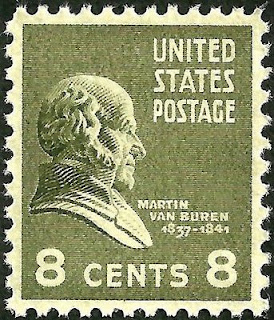1705 Died: Guillaume Amontons, French physicist and instrument maker (b. 1663)
Guillaume Amontons (31 August 1663 – 11 October 1705) was a French scientific instrument inventor and physicist. He was one of the pioneers in studying the problem of friction, that is the resistance to motion where bodies are in contact.
Amontons' laws of friction:
- The force of friction is directly proportional to the applied load. (Amontons' 1st law)
- The force of friction is independent of the apparent area of contact. (Amontons' 2nd law)
- Kinetic friction is independent of the sliding velocity. (Coulomb's law)
(These 3 laws only apply to dry friction; the addition of a lubricant modifies the tribological properties significantly.)
The laws are shown by the classic example of a brick resting on an inclined plane, where it is in equilibrium and thus motionless. The force of gravity is opposed by static friction and as the angle of tilt of the plane is increased, the brick will eventually start to move downwards as gravity overcomes the frictional resistance.
Stamp from the Ukraine depicting Guillaume Amontons
1779 Died: Casimir Pulaski, Polish-American general (b. 1745)
Kazimierz Michał Władysław Wiktor Pułaski of Ślepowron (March 4 or March 6, 1745 – October 11, 1779) was a Polish nobleman, soldier and military commander who has been called, together with his counterpart Michael Kovats de Fabriczy, "the father of the American cavalry".
Born in Warsaw and following in his father's footsteps, he became interested in politics at an early age and soon became involved in the military and the revolutionary affairs in the Polish–Lithuanian Commonwealth. Pulaski was one of the leading military commanders for the Bar Confederation and fought against Russian domination of the Commonwealth. When this uprising failed, he was driven into exile. Following a recommendation by Benjamin Franklin, Pulaski travelled to North America to help in the cause of the American Revolutionary War. He distinguished himself throughout the revolution, most notably when he saved the life of George Washington. Pulaski became a general in the Continental Army, created the Pulaski Cavalry Legion and reformed the American cavalry as a whole. At the Battle of Savannah, while leading a daring charge against British forces, he was gravely wounded, and died shortly thereafter.
Pulaski is remembered as a hero who fought for independence and freedom in both Poland and the United States. Numerous places and events are named in his honor, and he is commemorated by many works of art. Pulaski is one of only eight people to be awarded honorary United States citizenship.
US stamp and a First Day Cover depicting Casimir Pulaski
1885 Born: François Mauriac, French novelist, poet, and playwright, Nobel Prize laureate (d. 1970)
François Charles Mauriac (F11 October 1885 – 1 September 1970) was a French novelist, dramatist, critic, poet, and journalist, a member of the Académie française (from 1933), and laureate of the Nobel Prize in Literature (1952). He was awarded the Grand Cross of the Légion d'honneur in 1958. He was a lifelong Catholic.
Awards and honors
1926 — Grand Prix du roman de l'Académie française
1933 — Member of the Académie française
1952 — Nobel Prize in Literature
1958 — Grand Cross of the Légion d'honneur
French stam and Maximum Card depicting François Mauriac


